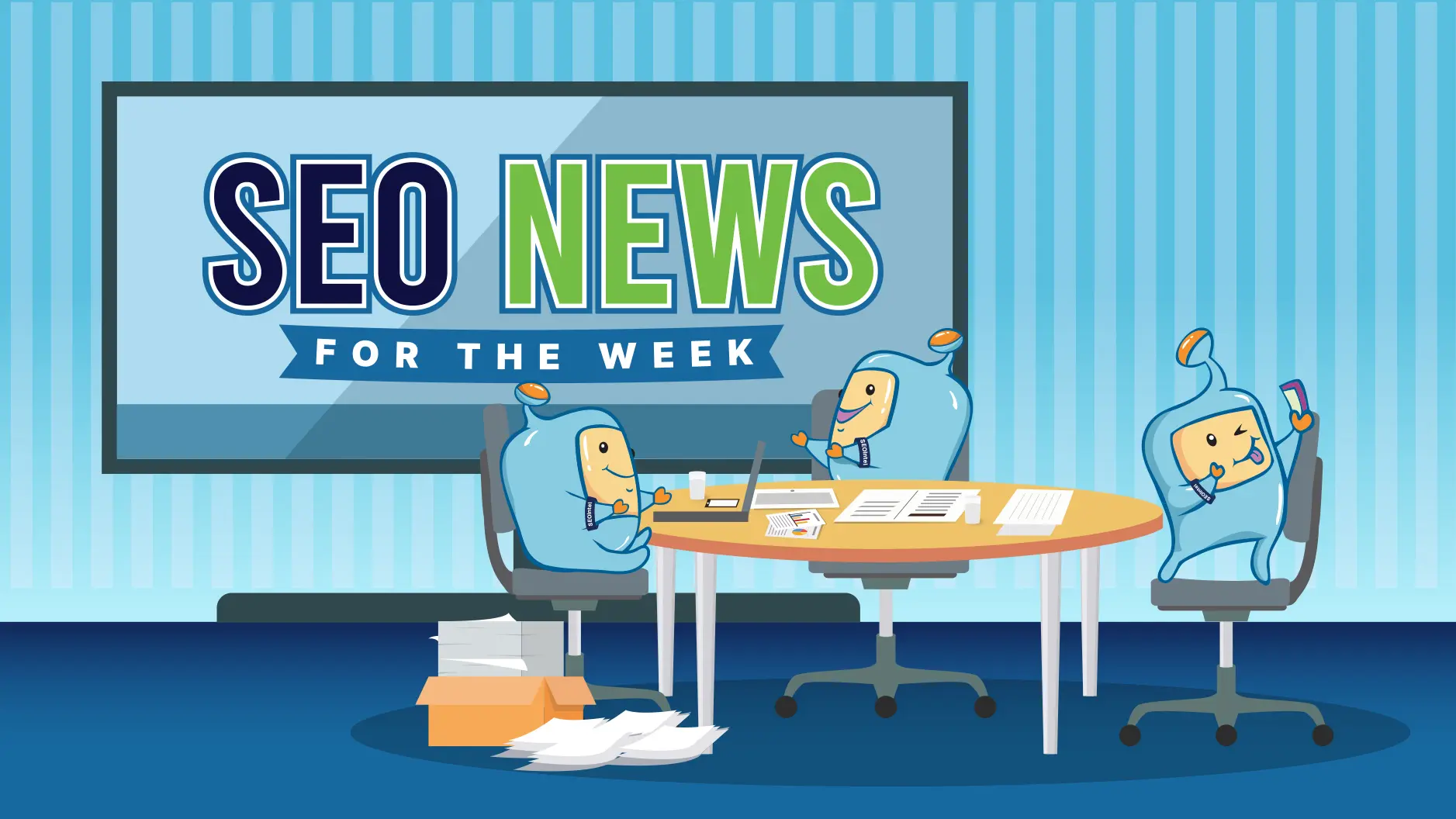
This week in search and AI, Google’s reporting tools hit a temporary snag while OpenAI made headlines with another major product release. From Search Console data delays and crawl report glitches to the launch of ChatGPT Atlas, a browser designed around AI-assisted browsing — it’s been a quieter week overall, but one that highlights how both Google and OpenAI are reshaping the digital landscape in very different ways.
Whether you’re tracking site performance or watching how AI continues to evolve in real-time, here’s what you need to know.
Google confirmed that the Performance report in Search Console has been experiencing a delay in data updates since around October 19, 2025. Many site owners noticed that their charts stopped updating, with no new data appearing in the interface.
The issue was first discussed by users across forums and later acknowledged by Daniel Waisberg from Google’s Search Central team on X (formerly Twitter), who stated that the team was “catching up.” This indicates that data collection itself wasn’t interrupted — only the reporting pipeline was delayed.
While some users noted that data appeared normally when switching to a 24-hour view, the 7-day and longer-term views remained frozen for several days. The problem appeared widespread and not limited to specific property types or regions.
Google has not provided a full explanation for the cause of the delay but assured users that the data would eventually be backfilled once the system catches up.
A separate glitch affected the Crawl Stats report in Search Console, where webmasters noticed that an entire day of data — October 14, 2025 — was missing from their charts.
According to Google, the issue did not indicate a crawling interruption but rather a reporting gap in the interface. For some accounts, depending on time zone, the missing date appeared as October 15.
The anomaly was first spotted on October 18 and confirmed by several SEO professionals online. By October 21, users reported that the missing day had been restored, indicating the problem had been resolved.
This isn’t the first time a gap like this has appeared. Similar missing-day incidents occurred in May 2022, February 2022, and November 2021, suggesting that temporary data syncing delays can occur periodically within GSC’s infrastructure.
OpenAI has released ChatGPT Atlas, a new web browser whose core is built around the company’s flagship chatbot, ChatGPT.
What It Is & Where It’s Available
Key Features
Why It Matters
For SEO and digital-marketing professionals, ChatGPT Atlas is noteworthy on a few fronts:
Considerations & Potential Limitations
As OpenAI continues to blur the lines between search, browsing, and AI assistance, ChatGPT Atlas could mark the start of a new user journey paradigm—one where discovering, summarizing, and acting online all happen in a single, intelligent interface. For marketers and SEOs, it’s another signal that AI-driven experiences are reshaping how people find and interact with information—and adapting early may be the key to staying visible in this evolving landscape.
ChatGPT Atlas Browser Could Inflate Ad Clicks by Mimicking Real Users
OpenAI’s newly‐launched browser, ChatGPT Atlas, is raising fresh concerns for advertisers and web analytics teams with its ability to perform what appear to be human-like interactions on the web—including clicking paid advertisements.
What the Reports Say
According to an article by Search Engine Land, research firm Search Atlas flagged the browser’s ability to mimic human click-behaviour on ads and other web interactions. Specifically:
What OpenAI Says & What We Know
OpenAI’s launch announcement of ChatGPT Atlas positions the browser as an agentic tool: it can act on behalf of users, interact with web pages, and integrate deeply with browsing workflows.
However, OpenAI hasn’t explicitly addressed the specific concern of ad clicks being generated by the browser on behalf of users in a way that affects ad networks. The Search Engine Land piece is based on third-party analysis rather than a company statement.
Why This Matters to Marketers & SEOs
While this may still be in the early-adoption phase, the implications are potentially significant:
Final Thoughts
As browsing becomes more agentic—where AI tools like ChatGPT Atlas may do more than simply assist—they start to blur lines between human user behaviour and automated action. For digital marketers and search professionals, staying alert to shifts in how browsers and agents interact with ads and content is becoming a key part of future-proofing campaigns.
That wraps up this week’s roundup — a light news cycle, but full of signals about where search and AI may be heading next. Google’s minor reporting hiccups remind us how dependent we are on its data flow, while OpenAI’s Atlas release hints at a future where AI agents don’t just search the web — they navigate it for us.
Stay tuned for next week’s updates as we keep an eye on new experiments, rollouts, and industry shifts that could redefine how we optimize, analyze, and engage online.